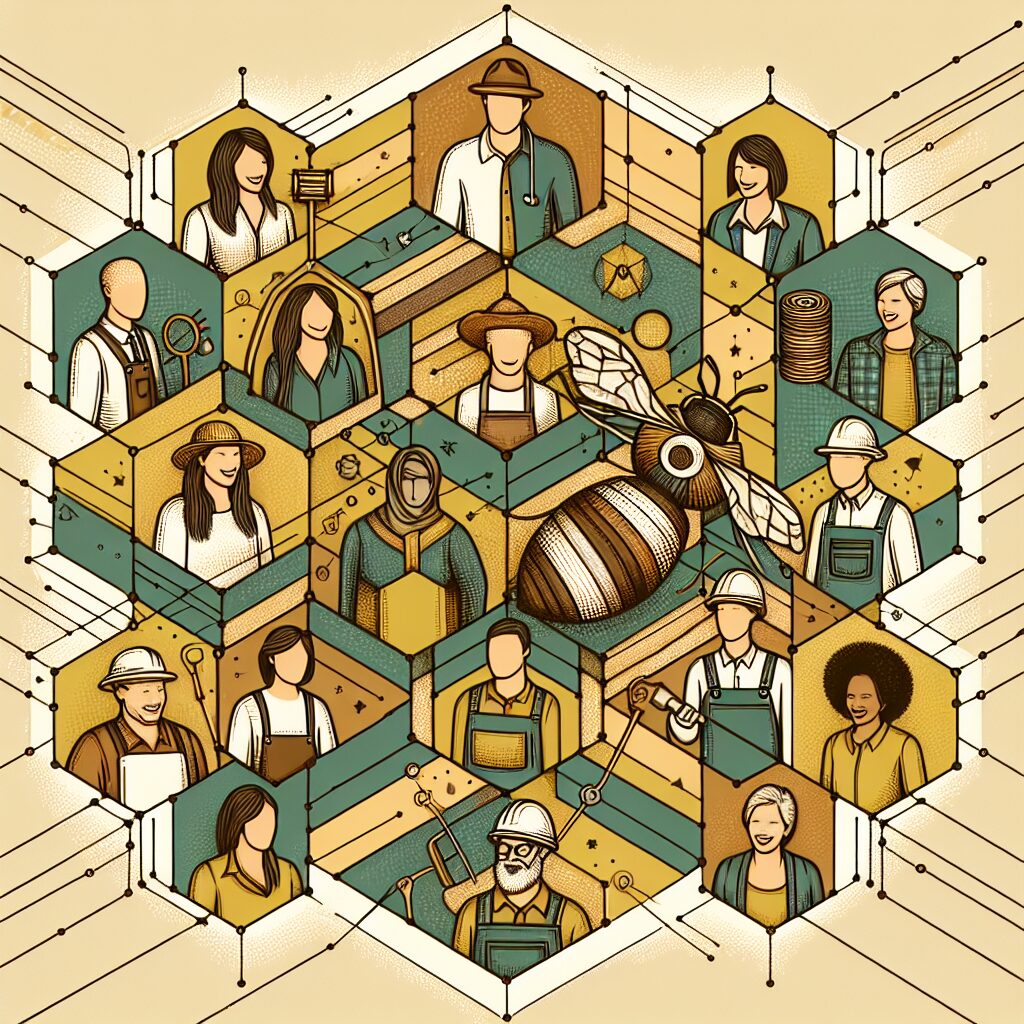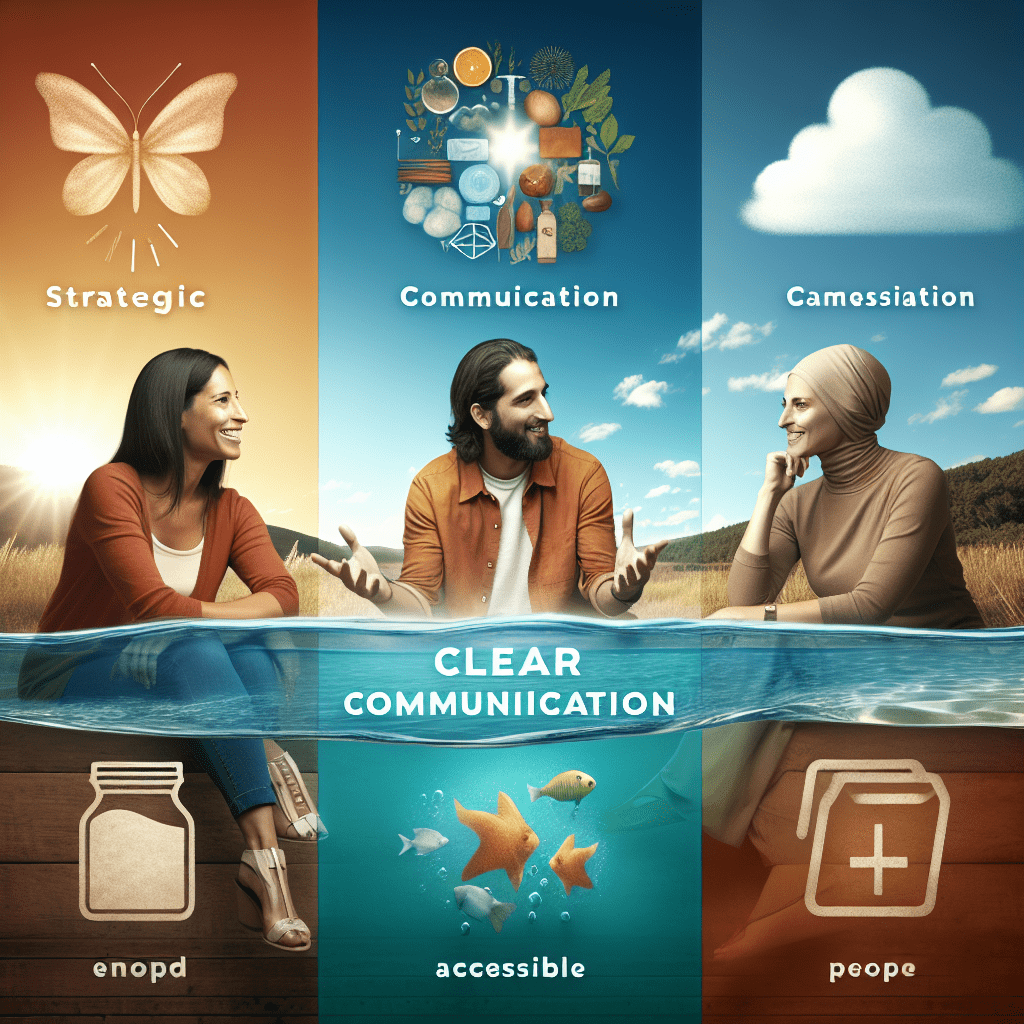
Beyond Rhetoric: Rethinking Collaboration in Skills Development

Skills White Papers: A Continuous Cycle of Rhetoric
Let’s cut to the chase: the chatter surrounding Skills White Papers is exhausting. Endless documents flood our desks, each touting grand ideas of how to revolutionise the skills landscape. But after two decades of initiatives promising change, one can’t help but wonder: how much has really changed?
Take the latest Skills White Paper. It’s brimming with buzzwords about collaboration, yet can true collaboration even thrive in an environment where competition reigns supreme?
Understanding the Landscape of Competition
There are a few significant issues at play here. First, instead of fostering partnerships, the competition for skills contracts often leads to silos. Employers locked in a struggle to outbid one another for contracts tend to focus more on their individual gains than on what’s best for learners.
Secondly, this culture of competition lets down the very people we aim to support: the learners. The fragmented initiatives leave them stranded, lacking access to a cohesive learning experience. How unfair is that?
It seems that while we chant the mantra of collaboration, the reality on the ground tells a different story. It begs the question: is it time for all of us to rethink what collaboration genuinely means in the skills sector?
The Illusion of Collaborative Efforts
Now, don’t get me wrong – I’m not here to dismiss the value of competition entirely. Healthy competition can drive innovation and improve services. However, when it overshadows collaboration, we’re left with a diluted effect on skills development.
- First problem: Competition breeds isolation.
- Second problem: Employers frequently opt for self-serving tactics, prioritising contract wins over true partnerships.
- Third problem: Meanwhile, learners are caught in the middle, missing out on opportunities for growth and development.
When we place ourselves in a constant state of competition, we end up reducing the potential for meaningful connections that could uplift everyone involved. Isn’t it time we change the narrative?
Shifting the Focus from Competition to Collaboration
To create a skills landscape that genuinely benefits learners and employers alike, a shift in mentality is crucial. This means embracing true collaboration rather than merely paying lip service to it. Collaborating should not feel like an obstacle to be navigated but rather a platform to be built upon.
Imagine if training providers, businesses, and educational institutions actively worked together rather than viewing each other as threats. It could spark innovation and ultimately yield better results for those who need the skills the most. The prospect is exciting, isn’t it?
Finding Common Ground: It Starts with Us
What does this collaboration look like in practice? It starts with having honest conversations about our goals. Are we in this for the learners or merely for our own success? Sharing resources, insights, and networks can create a more robust system, ultimately leading to improved skills access and development for a greater number of people.
Reflecting on my own experiences, I recall a time when our team collaborated with local businesses to create tailored training programmes. The results shocked us. Not only did learners thrive, but businesses also benefited immensely from the freshly skilled workforce. It was a win-win scenario that only happened because we dared to unite.
What’s Next for the Skills Landscape?
The road ahead for the skills landscape feels daunting, but I believe it is a road worth venturing down together. Embracing true collaboration can lead us to better outcomes—not just for those seeking new skills, but also for businesses and educational institutions.
So let’s start asking the right questions: How can we redefine collaboration? What steps can we take today to nurture unity? The conversation doesn’t end here; in fact, it’s just beginning.
I’d love to hear your thoughts. What do you think? Are we ready to move beyond the rhetoric and get down to some real collaboration in the skills sector?
Feel free to drop your comments below!



